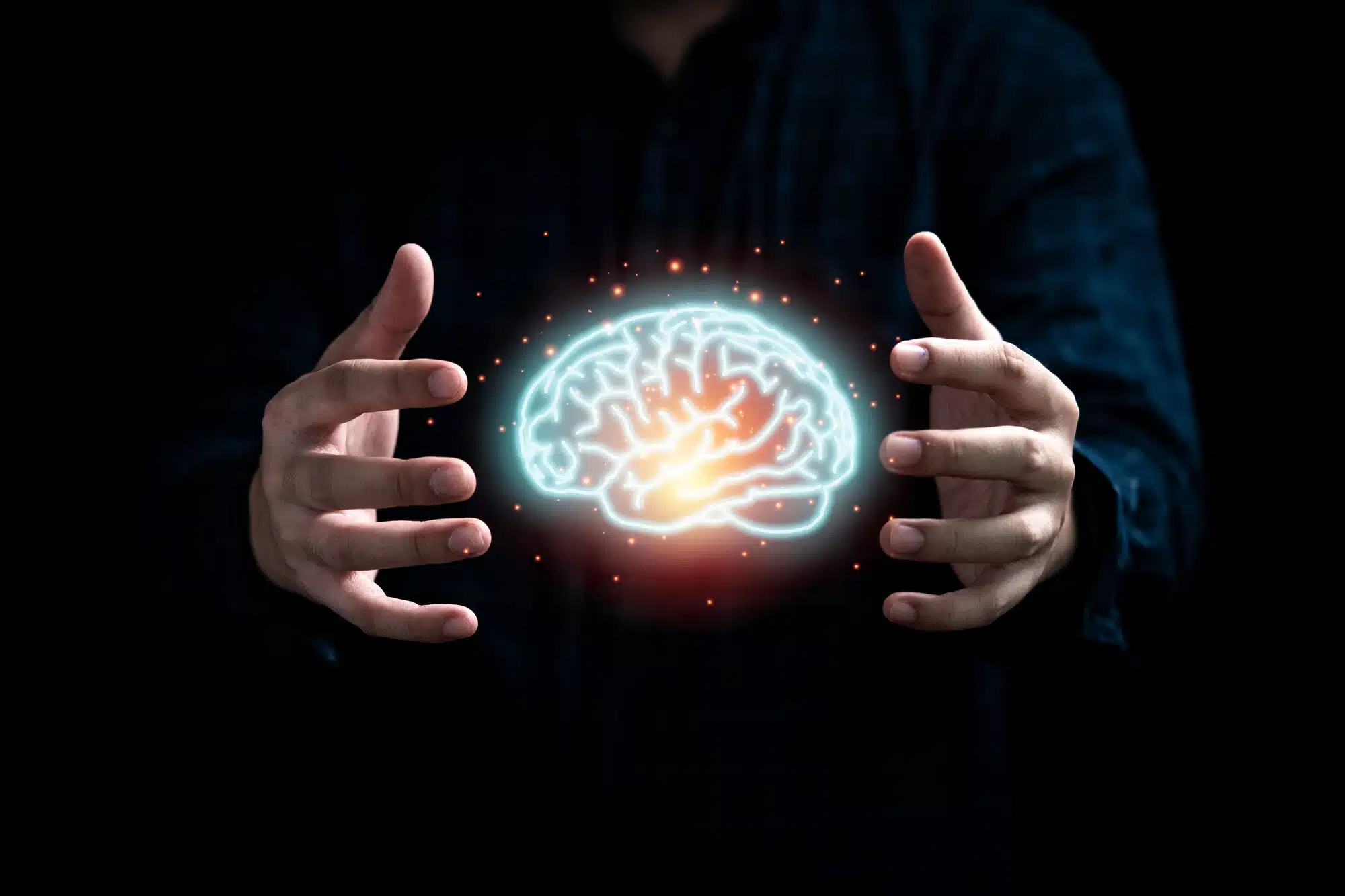Cognitive Behavioral Therapy (CBT) is a form of treatment that has been scientifically proven to be effective in addressing a range of mental health issues. When it comes to overcoming challenges and changing our negative thoughts and behaviors, CBT is the most preferable form of therapy.
If your therapist has suggested cognitive behavioral therapy as part of your treatment and you would like to learn more about it, you’re in the right place.
In this article, we explore how CBT impacts the brain and elaborate on how beneficial it can be in helping you stand on your own two feet.
Key Takeaways:
- CBT helps rewire the brain by altering thoughts and behaviors empowering you to lead a better, more fulfilling life.
- It is effective in addressing a wide range of mental health issues like anxiety, eating disorders, and phobias.
Table of Contents
Cognitive Behavioral Therapy Basics
Cognitive Behavioral Therapy is based on the concept that our thoughts, feelings, and behaviors are interconnected, and that changing negative thought patterns can lead to changes in feelings and behaviors. This therapy primarily involves efforts to change thinking patterns.
The efficacy of CBT has been shown to be comparable to or better than other forms of psychological therapy or psychiatric medications.
Goals of CBT
The primary goal of CBT is to forge new, healthier ways of thinking that will produce better feelings and behaviors. It aims to alleviate psychological stress by addressing negative patterns and distortions in the way you look at the world and yourself.
As you progress through CBT, you understand how your thoughts contribute to your issues and learn how to reframe and act on more positive and realistic thoughts.
Does CBT Physically Change the Brain?
Studies using brain imaging technology have shown that CBT can change the brain in a measurable way. Therapy seems to strengthen the connections between the prefrontal cortex, which is involved in higher reasoning, and the amygdala which deals with emotional responses. The result is a better-regulated emotional state.
Additionally, CBT can increase the volume of certain brain regions that contribute to cognitive functions, suggesting not only better mental control but also structural enhancements in the brain.
How Cognitive Behavioral Therapy Changes Thoughts
CBT helps you identify your negative automatic thoughts and assess how realistic these thoughts are. Through exercises in reasoning, your therapist encourages you to challenge these automatic thoughts and replace them with more factual and less destructive thoughts. This process helps to alleviate the cognitive distortions that can lead to emotional distress and harmful behaviors.
How Cognitive Behavioral Therapy Changes Behavior
Behavioral change in CBT involves taking gradual steps to build more positive behavior patterns. Techniques such as exposure therapy, where the person gradually encounters the object or context that causes anxiety, help to reduce fear and avoidance behaviors.
Additionally, behavioral activation encourages individuals to approach activities that they typically avoid, but that could bring them pleasure and satisfaction, thereby improving their mood and reducing depression.
What Kind of Issues Can CBT Help With?
CBT is a versatile treatment, helpful in managing various issues such as:
- Anxiety disorders (e.g., panic attacks, social anxiety, generalized anxiety disorder)
- Depressive disorders
- Eating disorders
- Obsessive-compulsive disorder (OCD)
- Post-traumatic stress disorder (PTSD)
- Sleep problems
- Phobias
Get the Best Cognitive Behavioral Therapy Services in Idaho Falls
If you’re struggling with any anxiety, depression, or phobia-related issues and you need help to get your mind over matter moment, contact Answers LLC. Our therapists offer the most personalized and effective cognitive behavioral therapy in Idaho Falls. Call us today to schedule an appointment.






